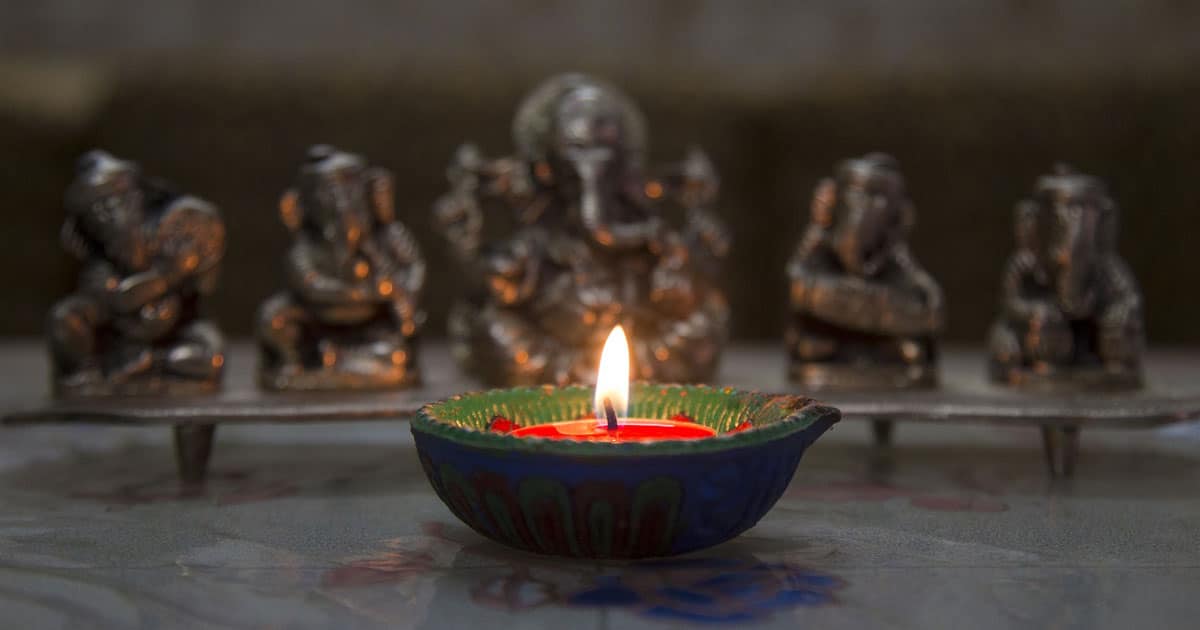No matter how much this headline is irking you right now, this is something pestering every woman worldwide especially belonging to faiths such as Hinduism that holds several ostracizing rules for women while they menstruate. Of them, not being able to enter a place of worship or perform rituals during that time of the month is what this article is about.
The common belief and practice surrounding this are that a woman is ‘impure’ while bleeding and should not touch anything holy. She is to be kept alone or apart from other family members, away from household work and religious objects. Also, she wears separate clothes and uses sanctifying stuff like turmeric to bathe and cleanse. Though the above points are more prominent in rural India, there is still a prevalence at many of these in the urban setup.

In the past few years, with all the hue and cry around Sabarimala, much has been said and written on the topic. Yet, it is necessary to repeatedly shed light on the issue until it is entirely normalized because periods are normal.
After much digging, it has been found out that the Vedas, the basis of the Hindu faith, have no such mention of women being kept away from the kitchen or prayer during this time. It never states anywhere that a woman’s body is impure or can not do puja during menstruation. Prohibiting women from entering temples and denouncing them as impure is actually against the teachings of the Vedas.
The past restrictions on women are instead purely related to their health.
Also, read: Can Periods Be A Source Of Happiness? But For Women From A Different Section Of The Society, It Is
Agnihotra yagna, which is considered as Mahayagna, should be performed by both men and women without fail, as per Vedas. So, if it is meant to be done every day, where does it leave out the monthlies? As clearly stated, there were no restrictions on women to perform rituals in the Vedic age. Even hard-core traditionalists such as Madhavacharya whom many see as a traditionalist has asserted that women have the right to learn and perform rituals citing the examples of women such as Urvasi, Yami and Sami.
On top of it all, the Kamakhya Temple in Assam, one of the major Shakti Peethas, is the shrine of the menstruating Goddess. In the month of Ashaad (as per Saka Era), the Goddess bleeds or menstruates. At this time, the Brahmaputra river near Kamakhya symbolically turns red (This is a belief. Priests pour vermillion into the water). The temple then remains closed for three days, and holy water is distributed among the devotees. Also, during Ambu Bachi, inside the closed temple, the yoni of Goddess is covered with a red cloth. At the end of the festival, when it is removed, the cloth is wet, and the worshippers take the red cloth as holy blessings.
Also, read: Meet The Indian Priestess Who Stands For Equality
Then why are mortal women subject to all the unnecessary taboos?
Let us hope for a day when none of this matters, and we, with our souls, can submit ourselves to the universe.

